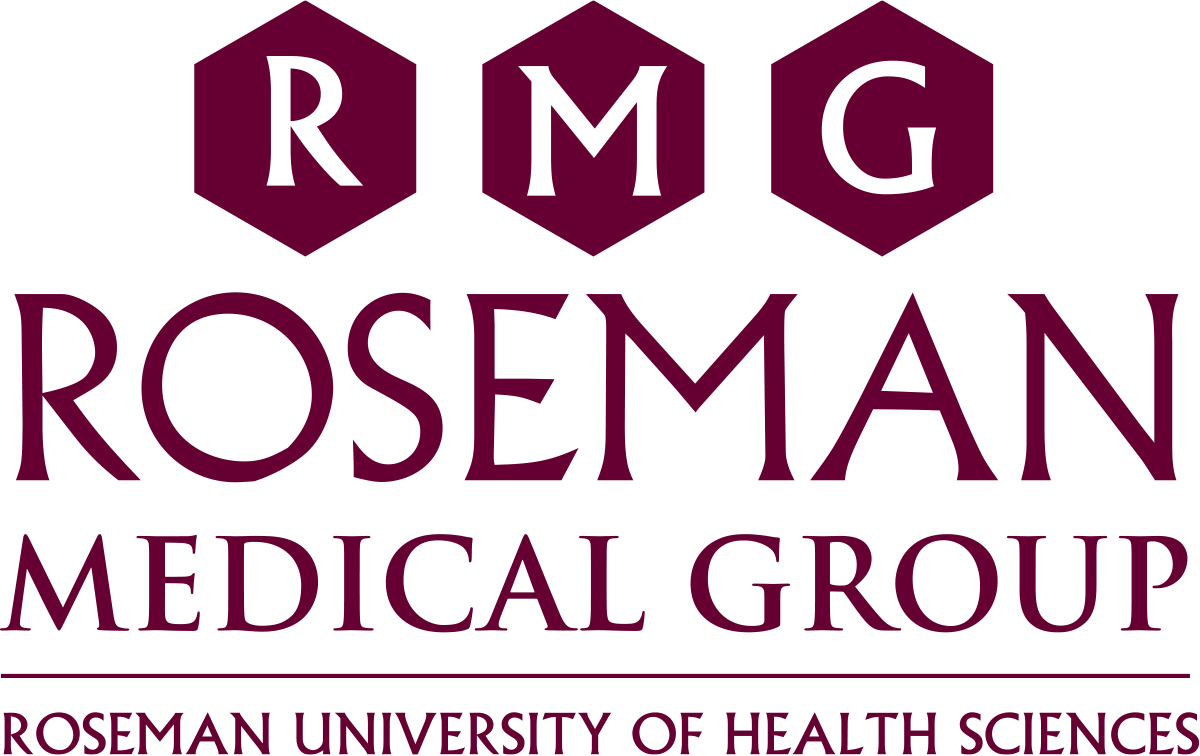Breast Cancer is the most common cancer among women worldwide according to the World Health Organization and 1 in 8 women in the United States will develop breast cancer in her lifetime. Although it is the most common cancer in women, no one knows the exact causes of breast cancer and doctors rarely know why one woman gets breast cancer over another.
The National Breast Cancer Foundation states “Cancer grows when a cell’s DNA is damaged, but why or how that DNA becomes damaged is still unknown. It could be genetic or environmental, or in most cases, a combination of the two.”
Factors of Breast Cancer
Genetic factors can include gender, age, race, family history, personal health history, menstrual and reproductive history, certain genome changes and dense breast tissue.
Environmental and lifestyle risk factors can include lack of physical activity – sedentary lifestyle, poor diet, being overweight or obese, drinking alcohol, radiation to the chest and combined hormone replacement therapy (HRT).
Even though the exact causes of breast cancer are unknown, preventative measures can be taken. Early detection is key! According to the American Cancer Society, when breast cancer is detected early, and is in the localized stage, the 5-year relative survival rate is 99%.
Monthly Self-Exam
It is recommended that adult women should do a self-exam monthly. According to Johns Hopkins Medical center, “Forty percent of diagnosed breast cancers are detected by women who feel a lump, so establishing a regular breast self-exam is very important.” By performing a monthly self-exam you are familiarizing yourself with how your breasts look and feel so when there is a change, you can tell your healthcare provider.
Clinical Breast Exam
This exam is completed by either your family physician or gynecologist during your annual exam. Your doctor is trained to recognize different types of abnormalities and warning signs of breast cancer. They will do a visual check of skin and tissue and then check your entire breast, underarm and collarbone area for any lumps or abnormalities.
Mammogram
According to National Breast Cancer Foundation “Mammograms can often show a breast lump before it can be felt. They also can show tiny clusters of calcium called micro-calcifications.” It is recommended that women 40 and older should have a mammogram every 1 to 2 years. If you are under 40 but have risk factors associated with breast cancer, ask your healthcare provider about whether mammograms are advisable and how often you should get one.
Live Healthier
In addition to doing monthly self-exams, clinical breast exams and mammograms, living a healthier life can help reduce your risk of breast cancer. Cancer cannot be prevented, but some habits can assist in reducing your risk which include maintaining a healthy weight, staying physically active, eating fruits and vegetables, not smoking, and limiting alcohol consumption.
Let us work ToGetHer to make sure every woman has access to education, screening, treatment, support, and hope, regardless of circumstances. To learn more about breast cancer visit the National Breast Cancer Foundation and don’t forget to schedule your Well Woman Exam today with Roseman Medical Group online or call (702)-463-4040.
Article by Rachael Thomas


